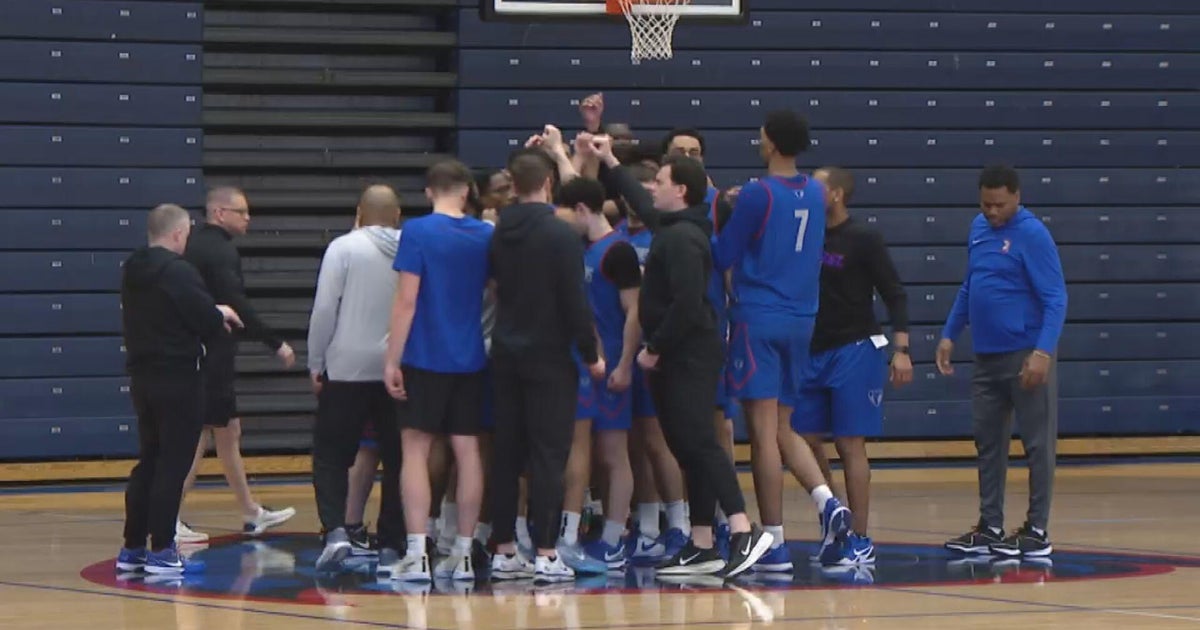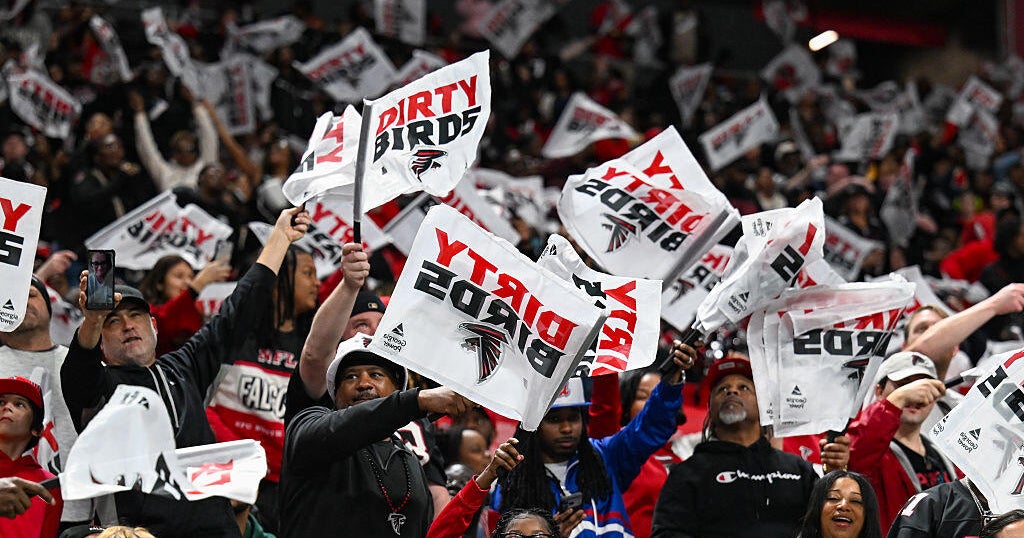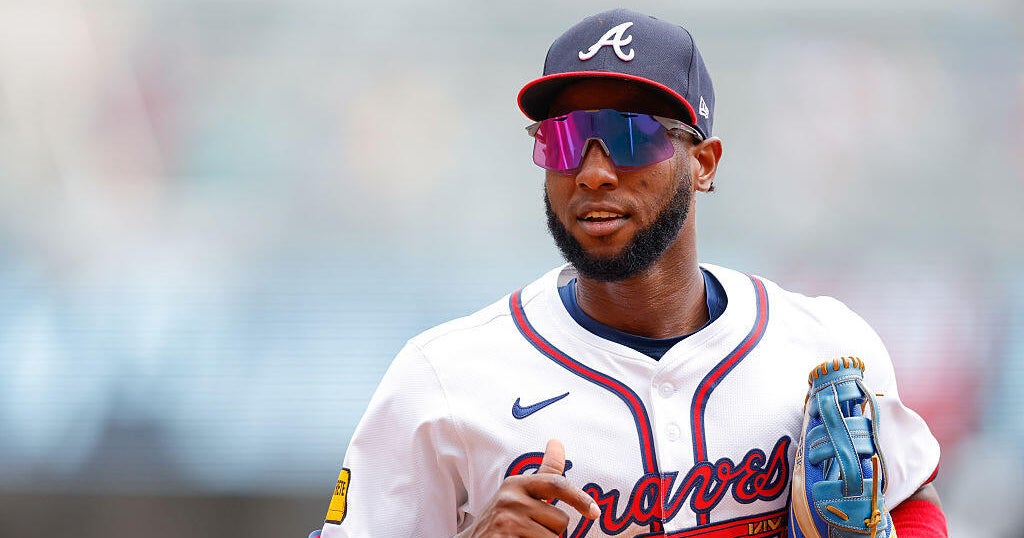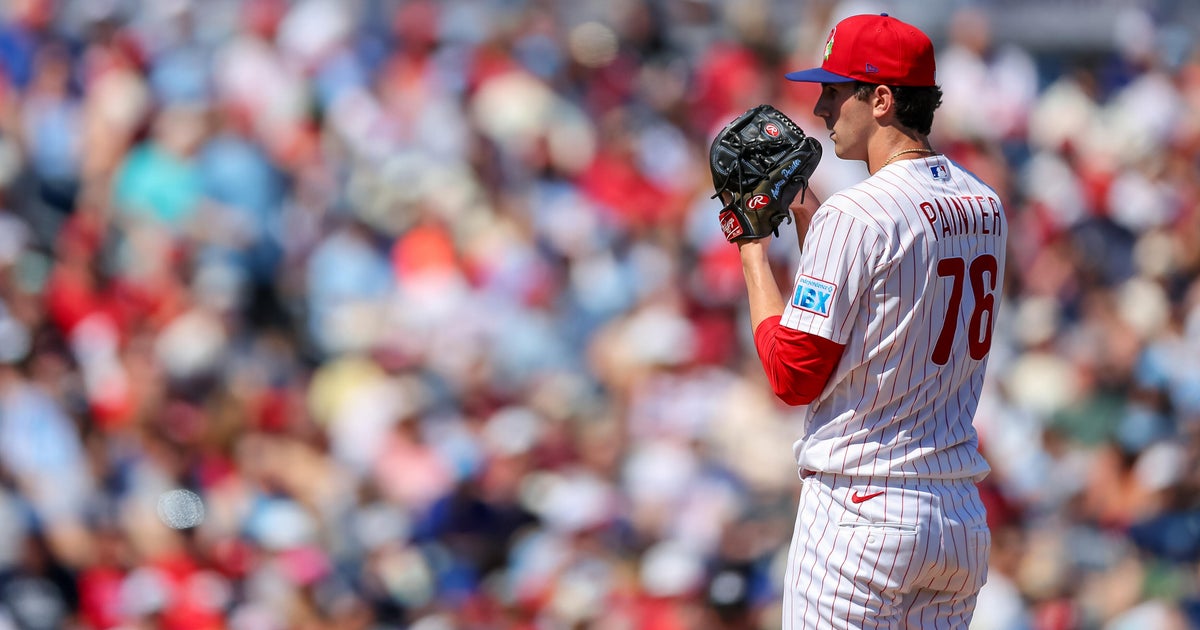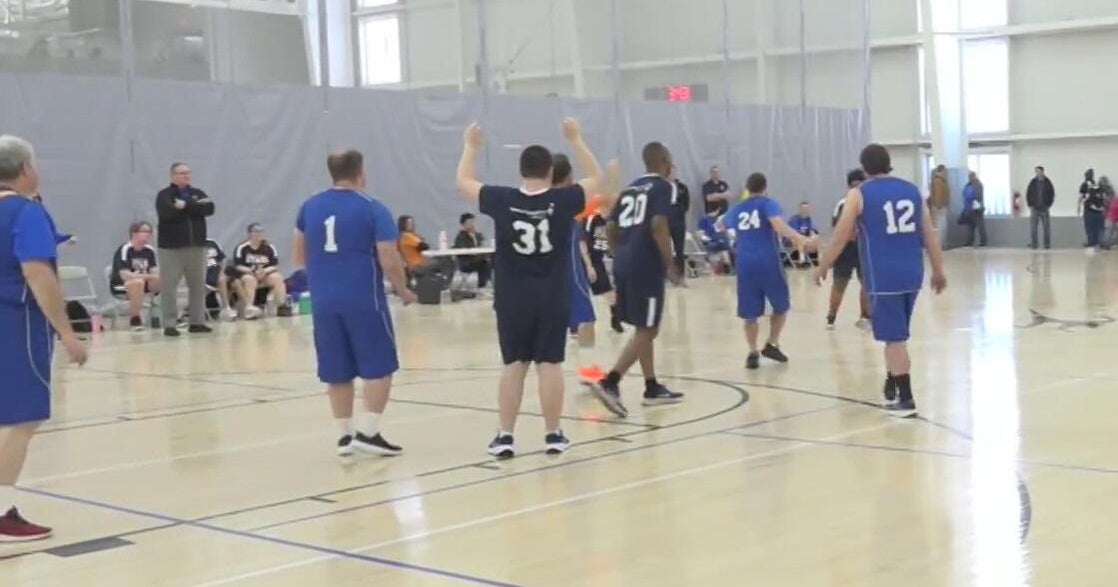Colin Dunlap: Final Play Accentuates Big Flaw In Replay
I don't mind humans.
I don't mind replay.
I mind this strange counterbalance Major League Baseball has attempted to strike in terms of how their game is officiated in 2014.
It makes little sense. And it very well could have cost the Pirates --- in the epicenter of pennant race in early August --- a chance at winning a baseball game on Sunday.
Quite simply, the league needs to use its collective noggin here --- and couple it with the wonderful grasp it has on technology. That is to say, any play can be reviewed, or none should be.
You see, I was fine when there was no replay, when four men --- and eight eyes --- negotiated through a 162-game schedule and offered their opinion on each fair and foul ball, trap, catch, safe and out and everything else. Certainly calls were missed but I was of the opinion that, through that long summer trudge, it all evened out. If you got screwed by calls 20 times, you probably were the beneficiary of a bad call 20 times --- win some and lose some and the ledger balanced pretty darn fairly come the autumn time.
That's why I was OK with zero replay introduced into the game.
Conversely, at first at least, I didn't really mind replay being introduced into this grand game that seems so loathe to change and warm to anything that could jeopardize that whole "that's the way we have always done it" mantra. As we have moved through 2014, I think replay has done more good than bad, reversed more wrongs than it has created something that wasn't right.
Then Sunday happened.
And now it leaves me with an overwhelming sense that we not only can do better, but we must.
Take what happened on Sunday in Arizona as, perhaps, one of the primary examples of why Major League Baseball's replay system should be expanded to something that doesn't involve a challenge system or a bullet-pointed list of only certain calls that can be reviewed.
Instead, there is no excuse to not have a separate moderator --- perhaps in a war room in New York --- monitoring each game and working in conjunction with the umpiring crew on site.
See something fishy or controversial? Let's take a look at it together.
Need a little help on the field? Buzz New York and let's work through it.
I'm here in New York and saw something that, perhaps, the four umpires didn't catch --- here's a little buzz and let's chat about it and get it right.
On the play in question, which ended up being the final play in a Diamondbacks 3-2, 10-inning victory, the Pirates looked to be in the midst of pushing it to another inning by rolling a one-out double play.
Instead, after shortstop Jordy Mercer went to a knee and flipped to second baseman Jayson Nix, who then was in the throes of throwing it to first, the relay hit the raised left arm of a sliding Nick Ahmed.
On the play, Ahmed began at first --- with a runner also on third –- and barreled toward second on the groundball.
Did he intentionally elevate his left arm to interfere with Nix's throw? Maybe.
Was there a purposeful measure with which he went into his slide as to knock the ball down? Maybe.
Did it severely impact the end result? Indeed.
If Ahmed knocked the ball down intentionally, was illegality committed? Yes.
Was the play reviewable under the confines of the current replay system? Nope.
Crew chief Ron Kulpa spoke to a pool reporter following the game --- customary in situations when there is a controversial call.
"The guy has to do something obviously, willfully, intentionally to break up the double play," he said. "Guys slide into second base all the time with their hands up. It's a big play. We looked at the tape, and [second base umpire Lance Barrett] got it right."
What's the crew chief going to say after the game? Of course he's almost always going to say something such as that; not admitting fault or calling into questions one of his workmates on a judgment call.
But if there was an independent reviewer in New York able to look at the play as it happened, it might have been reversed.
It also might not have.
However, if you're going to implement replay, there's no excuse the four men umpiring that game in Arizona on Sunday didn't have to deal with real-time, video checks and balances from someone else.
Replay needs to go all in or get out of baseball.
